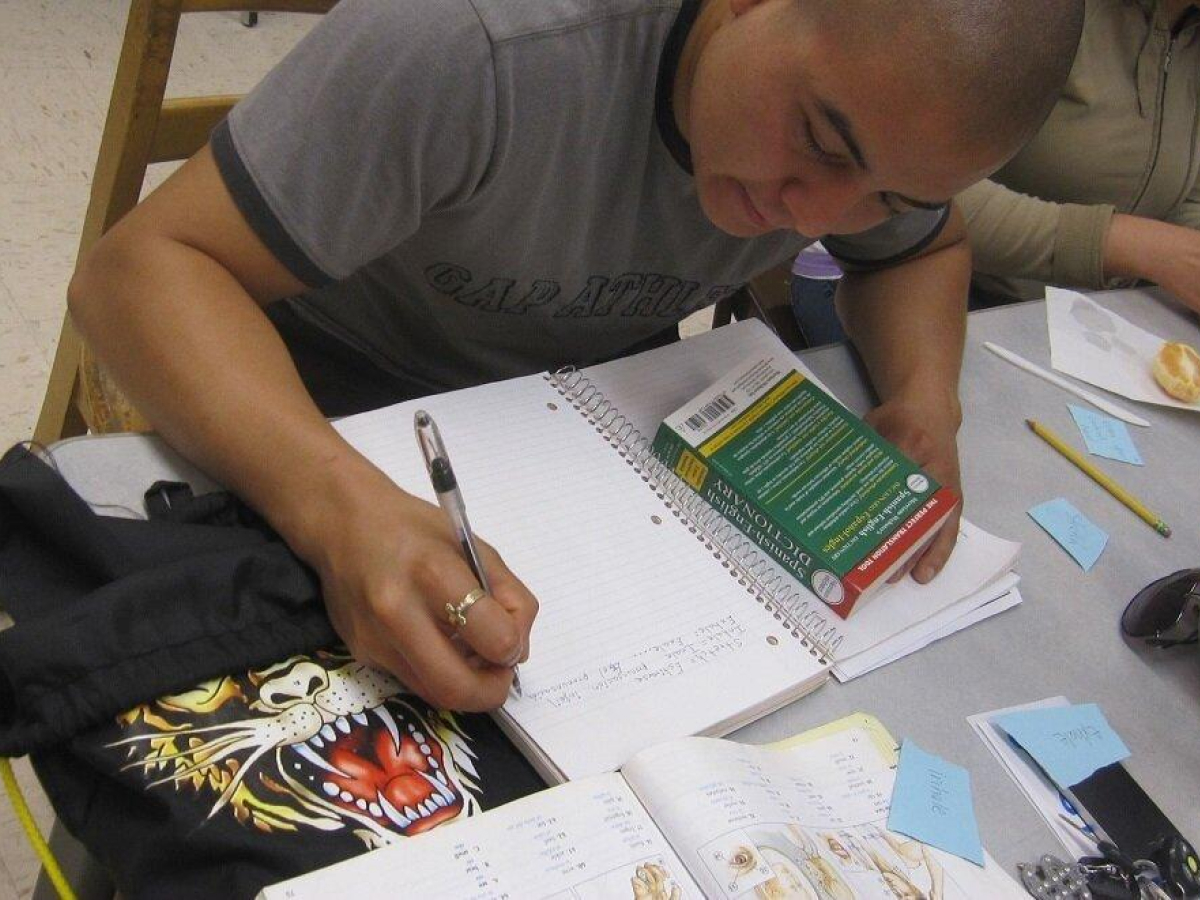When we think of a clause, we think of either a jolly dude in a red suit, or important-sounding portions of ostensibly important documents come to mind. In English grammar, though, these are both null.
In English grammar, a clause is, simply, a subject and a verb.


Clause = Subject + Verb
Now, some folks will argue that a clause is a subject and a predicate — and they’d be correct — but a predicate doesn’t have to be present. A mere verb will do.
For example:
Janisha works.
Subject = Janisha
Verb = works.
We don’t know where Janisha works, how she works, nor anything else — and that’s fine. It’s enough that we know Janisha works. Those two words — a subject and verb — make a clause.
Let’s get busy getting you over your academic, professional, or personal hurdles.

The following is the shortest clause I know:
I am.
Subject = I
Verb = am
See, it still works.
Of course, subjects can be a little more complicated, but we’ll learn about that another time. For now, you just need to know that a clause is
Subject + Verb
If either’s missing, there’s no clause.
For a verbal explanation, watch the video.